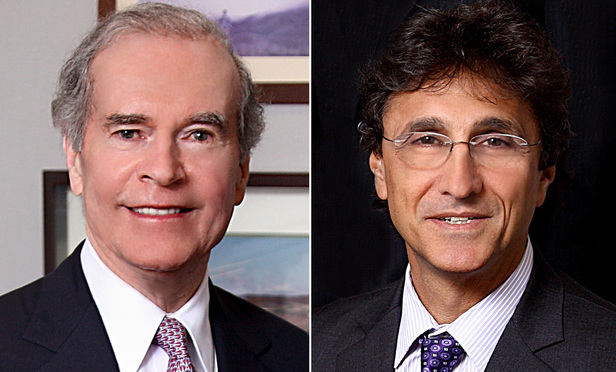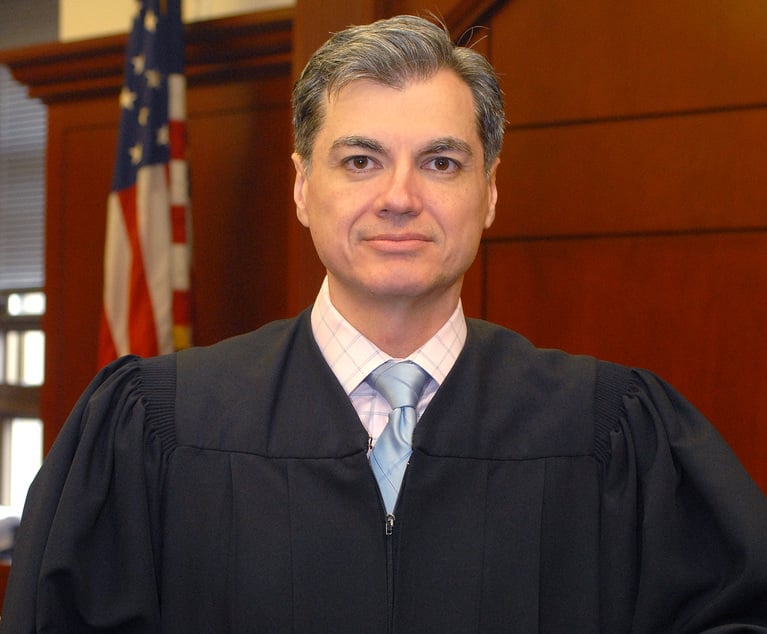New York state has long endorsed a policy of affording liberal discovery of all matters that are “material and necessary in the prosecution or defense of an action,” as codified in CPLR 3101(a). See Forman v. Henkin, 30 N.Y.3d 656 (2018); Allen v. Crowell-Collier Publ. Co., 21 N.Y.2d 403 (1968). Common-law and statutory privileges that shield relevant information and evidence from discovery are anathema to that policy. They pose “an ‘obstacle’ to the truth-finding process… .” Ambac Assur. v. Countrywide Home Loans, 27 N.Y.3d 616 (2016), quoting Matter of Jacqueline F., 47 N.Y.2d 215 (1979). Accordingly, such privileges are supposed to be narrowly construed and applied in a manner consistent with the purposes underlying the immunity. See Forman; Ambac Assur.; Spectrum Systems Intern. v. Chemical Bank, 78 N.Y.2d 371 (1991).
One area of statutory privilege that has unique implications for medical malpractice actions is that applicable to hospital quality assurance review and malpractice prevention programs under Education Law §6527(3), Public Health Law §2805-j and Public Health Law §2805-m. These statutes require hospitals to have procedures for reviewing the quality of patient care, including reviewing specific cases and their outcomes. Educ. Law §6527(3) and PHL §2805-m provide that the records and proceedings of such reviews, including testimony by persons at meetings related to such reviews, are confidential and not subject to disclosure under the CPLR. These confidentiality provisions are “designed to encourage thorough and candid peer review of physicians,” in order to assure that medical review committees frankly and objectively analyze the quality of health services rendered by hospitals. Logue v. Velez, 92 N.Y.2d 13 (1998).


 Thomas A. Moore and Matthew Gaier
Thomas A. Moore and Matthew Gaier




